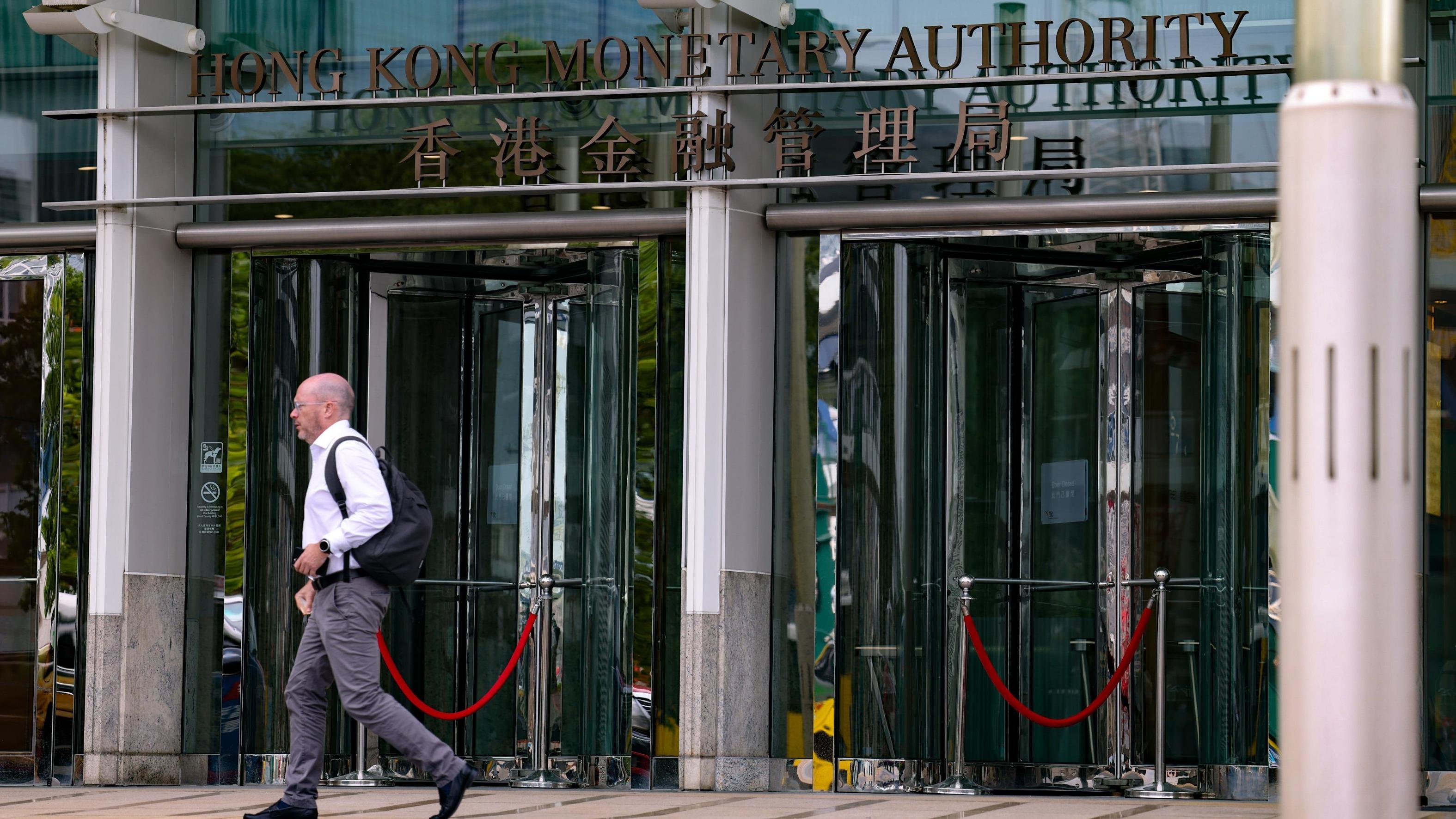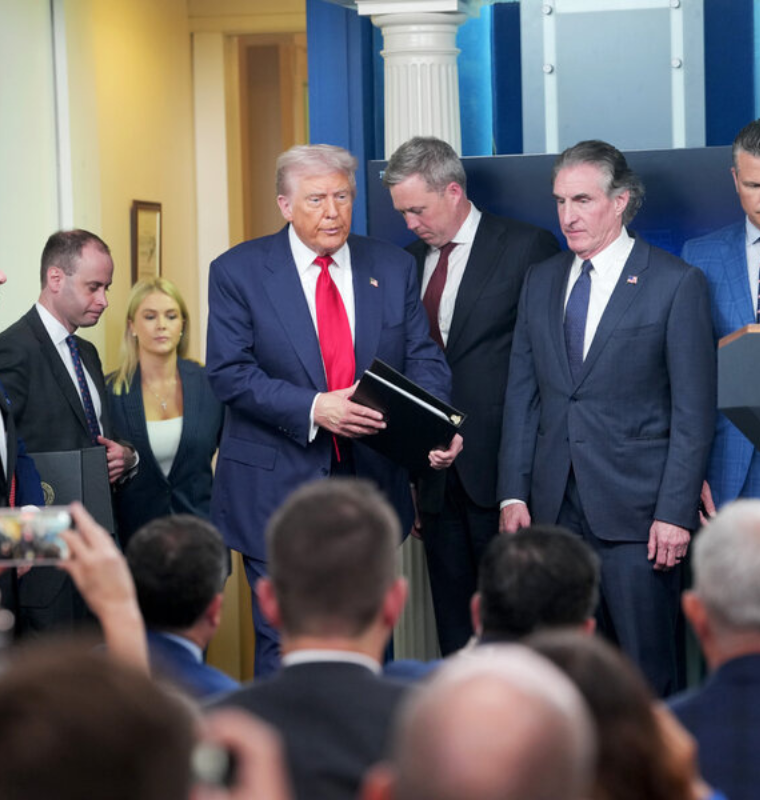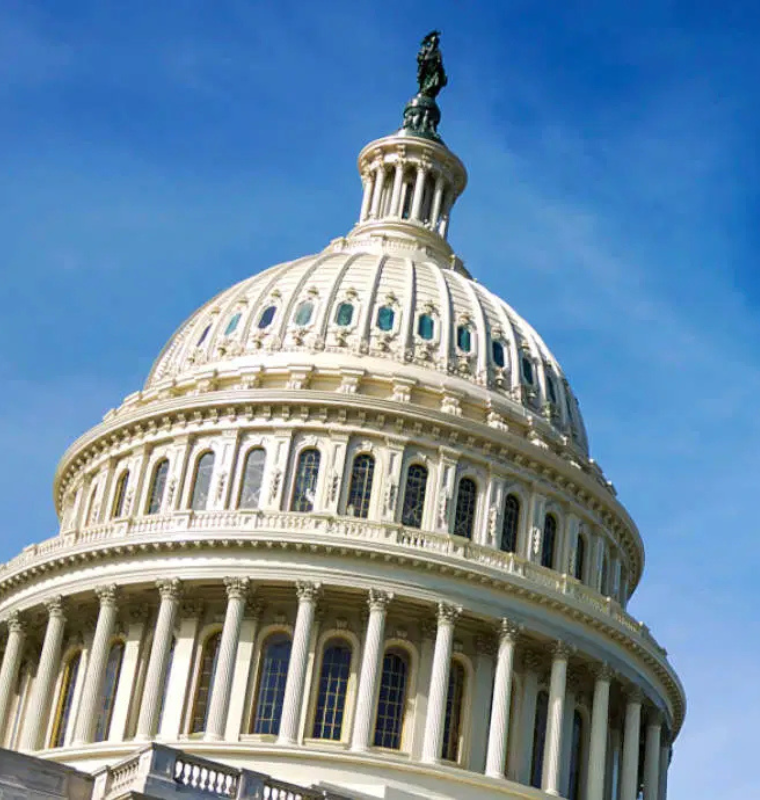Hong Kong’s New Stablecoin Regulations Stir Industry Concerns
By
Leah Rosenfeld
Last updated:
August 11, 2025
First Published:
August 11, 2025

Photo: China Daily
Hong Kong is stepping into the spotlight once again with new legislation aimed at regulating stablecoins, a fast-growing segment of the digital currency market. While this move signals the region’s intent to establish clear rules and enhance security, it has also raised alarms within the crypto community about potential privacy compromises and the impact on user experience.
The Stablecoin Bill and Its Key Provisions
The recently introduced bill seeks to regulate stablecoins by imposing stricter rules on how transactions must be conducted and monitored. One of the most debated elements is the requirement for comprehensive Know Your Customer (KYC) checks not only on issuers and custodians but also extending to recipients of stablecoin transfers.
This client identity verification goes beyond many other regulatory frameworks worldwide. By mandating that every party in a stablecoin transaction is identified and verified, the legislation aims to prevent money laundering, terrorism financing, and other illicit activities.
Industry Concerns Over Privacy and Adoption
While the objectives behind these regulations are understandable, many players in the blockchain space are concerned about the privacy implications. Stablecoins are designed to offer the benefits of cryptocurrencies—speed, low cost, and borderless transactions—while maintaining price stability. However, the new rules could fundamentally alter how users interact with these tokens.
Requiring recipient identification can be seen as intrusive, potentially deterring users who value financial privacy or want to avoid the friction that heavy compliance processes introduce. Some fear that this will drive stablecoin usage to less regulated jurisdictions or push innovation underground, undermining the very goals of the legislation.
Competitive Risks for Hong Kong’s Crypto Market
Hong Kong has long positioned itself as a global hub for finance and a gateway to Asia’s digital economy. As other jurisdictions race to create crypto-friendly environments, there is worry that overly stringent rules could make Hong Kong less attractive to startups and investors.
The delicate balance between regulation and fostering innovation is at stake. Too much regulation risks stifling growth and driving talent away, while too little could expose the market to fraud and abuse. Industry leaders urge regulators to consider this balance carefully to maintain Hong Kong’s competitive edge.
Regulatory Trends and International Comparisons
Globally, stablecoins have drawn increasing attention from regulators as they grow in popularity and influence. The U.S. and European regulators have been exploring frameworks that emphasize transparency, reserve backing, and consumer protection but often stop short of imposing recipient-level KYC for every transaction.
Hong Kong’s approach is more stringent in this regard, reflecting local priorities but also raising questions about harmonization with international standards. This divergence could create challenges for cross-border stablecoin usage and interoperability.
What Stablecoin Users Should Expect
For everyday users, these regulations could mean more steps in the transaction process. Sending or receiving stablecoins might require additional identity checks, delays, or restrictions. Businesses that rely on stablecoins for payments or settlements will need to adapt their compliance processes accordingly.
On the positive side, the clarity brought by the law could help legitimize stablecoins further and encourage institutional participation by reducing regulatory uncertainty. Users can also expect increased safeguards against fraud and illicit activities.
Moving Forward: The Path to Balanced Regulation
The coming months will be critical as Hong Kong finalizes and implements these regulations. Stakeholder consultations and ongoing dialogue between regulators and industry participants will be essential to fine-tune the rules.
There is hope that technology solutions such as privacy-preserving identity verification and scalable compliance tools can help address concerns without compromising the regulatory goals. Innovation in regulatory technology could make this a model for how cities regulate digital assets responsibly.
Final Thoughts
Hong Kong’s stablecoin bill represents an important step toward greater oversight of digital currencies but also highlights the tension between privacy, usability, and regulation. The crypto community and regulators alike must navigate this complex landscape carefully to ensure that the promise of stablecoins is realized without sacrificing core values.
For investors, developers, and users in Hong Kong and beyond, the evolution of these rules will shape the future of how stablecoins fit into the global financial system.
Popular articles
Subscribe to unlock premium content
Disney’s Timeless Magic and How the Entertainment Giant Continues to Shape Culture and Innovation

Imran Khan’s Economic Missteps Amid Political Chaos in Pakistan

The Philippines’ Digital Shift How Remittances and BPO Are Fueling Growth

Disney’s Timeless Magic and How the Entertainment Giant Continues to Shape Culture and Innovation

Imran Khan’s Economic Missteps Amid Political Chaos in Pakistan

Disney’s Timeless Magic and How the Entertainment Giant Continues to Shape Culture and Innovation









